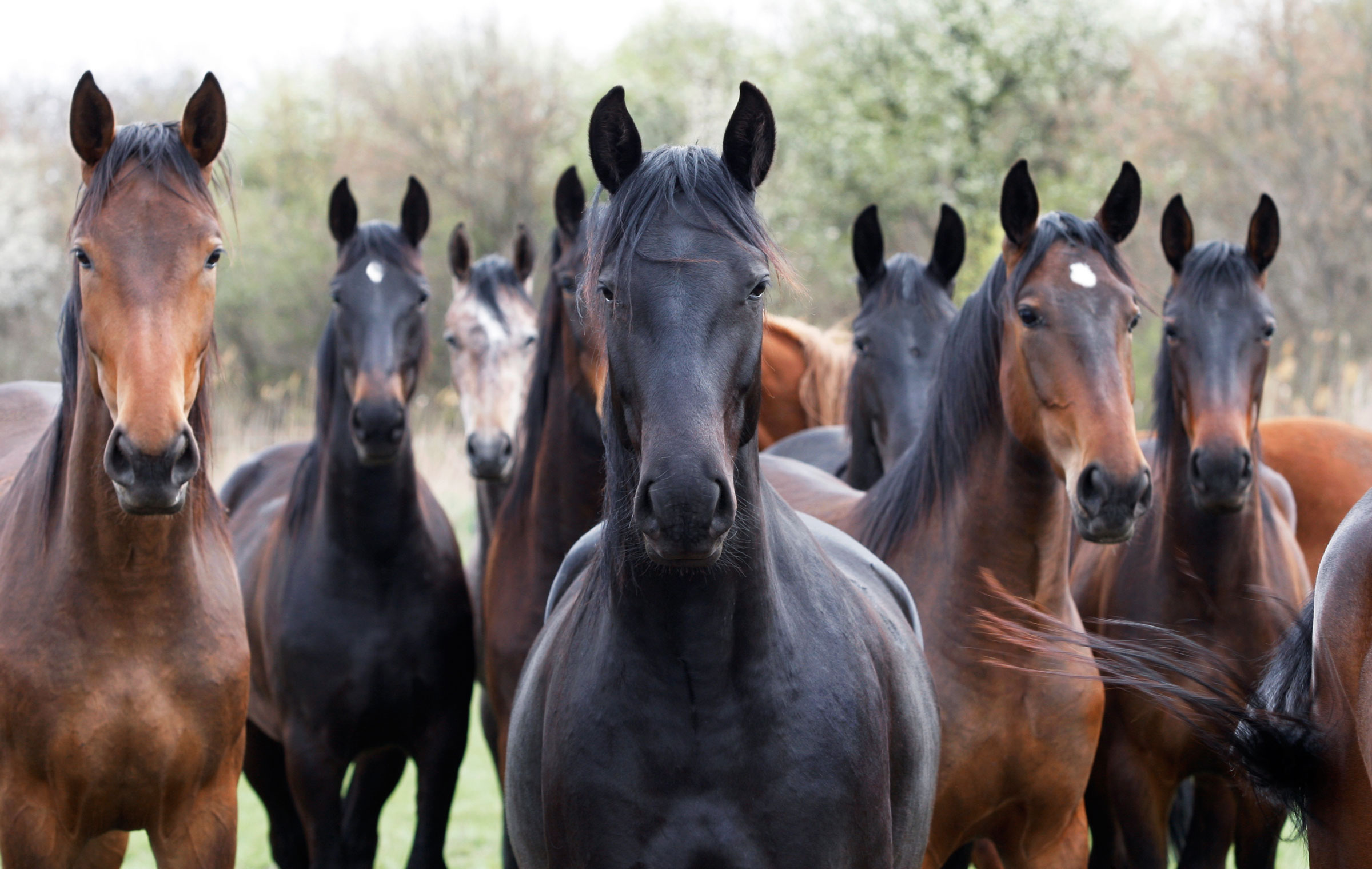
In recent weeks, several figures have been circulated regarding the US horse population. The American Horse Council (AHC) wishes to clarify these statistics to avoid confusion and misunderstanding of the data.
There are presently three major organizations that collect and publish data regarding the US horse population, albeit with different target audiences and different definitions.
- The most comprehensive number comes from the 2017 National Economic Impact of the US Horse Population conducted by the AHC Foundation, which counts 1,013,746 horse owners owning or leasing farms housing 7,246,835 horses in the US.
- The USDA, National Agriculture Statistic Service (NASS) recently completed a census which counts only horses that are on working farms. This definition excludes boarding, training and riding facilities; as well as any other operation that fails to generate a minimum of $1,000 in sales of equine products, defined as “breeding fees, stud fees, semen or other.” NASS reports a total of 459,526 horse farms in the US, with an agricultural population of 2,847,289 horses.
- In addition, the American Veterinary Medical Association (AVMA) publishes a report on pets. While horses are defined as “livestock,” the AVMA study does ask owners about all types of animals in their care and thus publishes the number of horses reported. That number is 1,914,394.
- The Food and Drug Administration utilized both the AVMA survey and information from USDA’s periodic surveys of farm animal populations to estimate the U.S. horse population at 3.8 million. FDA explained that population estimates are important for helping determine potential eligibility for drugs to be used for “minor uses.”
AHC President Julie Broadway noted that, “While NASS and AVMA statistics serve important purposes, only the AHC Foundation’s Study most closely reflects the total horse population in the US.”
To purchase a copy of the 2017 National Economic impact Study go to https://www.horsecouncil.org/product/2017-economic-impact-study-of-the-u-s-horse-industry/
About the American Horse Council
As the national association representing all segments of the horse industry in Washington, D.C., the American Horse Council works daily to represent equine interests and opportunities. Organized in 1969, the AHC promotes and protects the industry by communicating with Congress, federal agencies, the media and the industry on behalf of all horse related interests each and every day. The AHC is member supported by individuals and organizations representing virtually every facet of the horse world from owners, breeders, veterinarians, farriers, breed registries and horsemen’s associations to horse shows, race tracks, rodeos, commercial suppliers and state horse councils.


